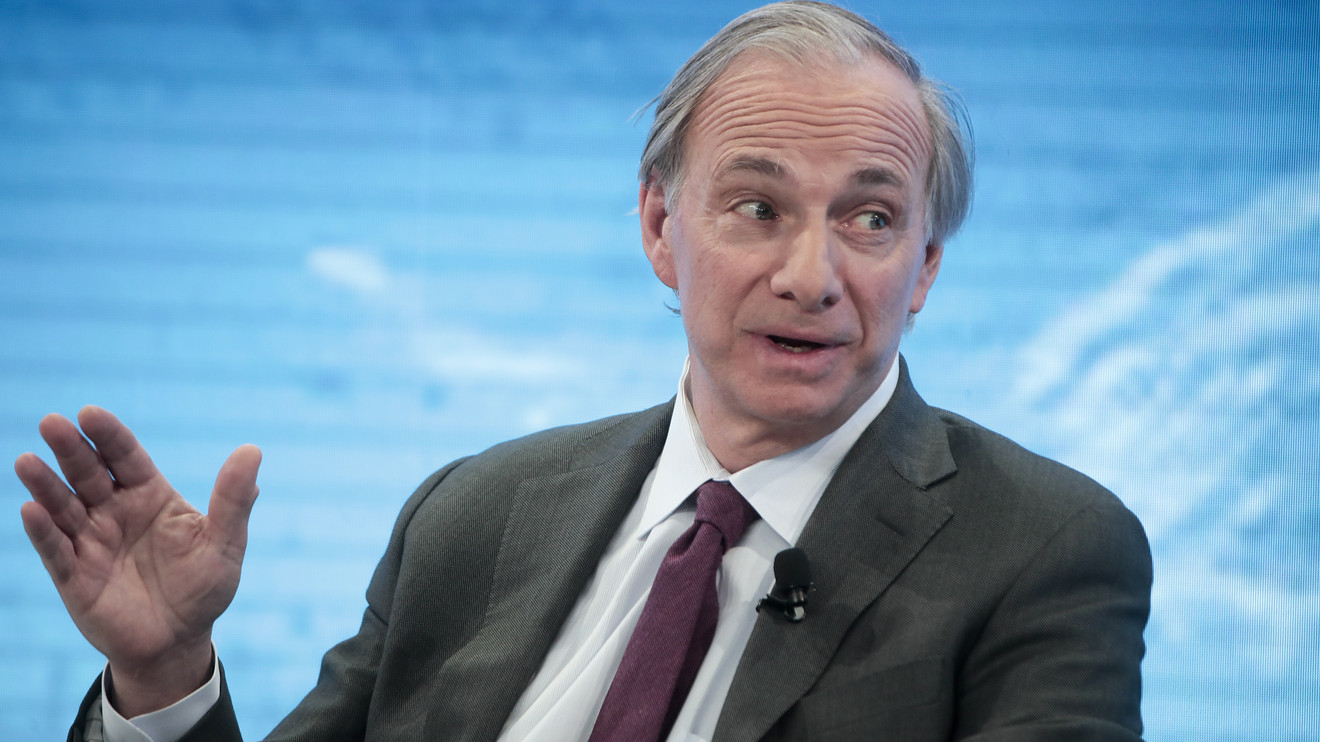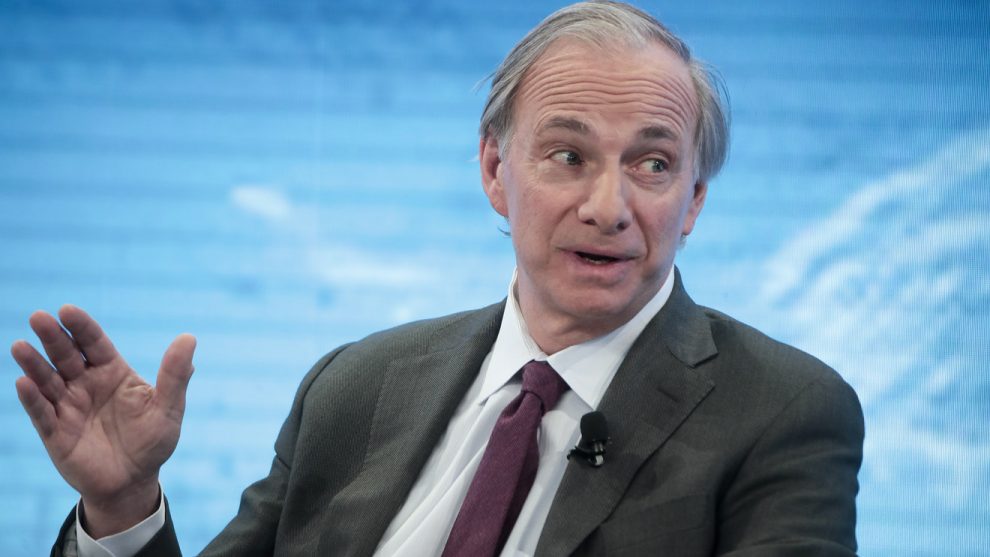
It has been referred to by some business experts and economists as weird science, “garbage” and “nonsense,” but Ray Dalio says that unconventional monetary policies may be required as traditional policy stumbles.
In a Thursday blog post on LinkedIn, Dalio, founder of Bridgewater Associates LP, the world’s biggest hedge fund, said the ineffectiveness of current monetary policy alone, including cutting interest rates or offering cheap financing to a select few, will make some version of strategies like so-called Modern Monetary Theory (MMT), or what he refers to as Monetary Policy 3 (MP3), more tenable options in the future.
“Obviously, normal fiscal policy is usually the way we handle those sorts of investments. But the problem with relying on fiscal policies in a downturn (besides them being highly politically charged) is that it is slow to respond: it has long lead times, you have to make programs, concerns over deficits can make it more challenging politically to pass fiscal stimulus, etc.,” Dalio said.
“It is inevitable that this shift will happen because it is inevitable that central bankers will want to ease when interest rates are pinned at 0% and when quantitative easing will be ineffective in achieving the goal,” he wrote.
Proponents of MMT argue that a government that borrows in its own currency doesn’t need to worry about running up a deficit (as long as inflation isn’t running out of control) because it controls the money-printing press.
Billionaire Dalio makes the case that traditional policies have widened the gap between the poor and the wealthy rather than helping to stimulate growth across socioeconomic classes, among other aforementioned foibles. The hedge-fund founder believes that an alternative to MMT, so-called MP3, a coordinated one-two punch of fiscal stimulus and monetary stimulus, also could be used to address weakness in economic polices.
Dalio’s comments reflect growing advocacy by left-wing lawmakers, notably Rep. Alexandria Ocasio-Cortez, who has voiced support for MMT as a way to fund her Green New Deal.
The emergence of such policy concepts also comes as the orthodoxy of capitalism in America, which critics say has fostered wealth disparities, is facing challenges among millennials worried about the environment and distrustful of government.
U.S. equity markets, and those across the globe, have seemingly become more accustomed to easy-money policies since the 2008 financial crisis, with the Dow Jones Industrial Average DJIA, -0.46% the S&P 500 index SPX, -0.21% and the Nasdaq Composite Index COMP, -0.16% suffering a recent spate of weakness in the past few sessions after hitting all-time highs, in the aftermath of Federal Reserve statements on Wednesday that appeared to indicate that a near-term reduction in interest rates wasn’t assured.
Read: Stephanie Kelton Wants You to Rethink the Deficit
Providing critical information for the U.S. trading day. Subscribe to MarketWatch’s free Need to Know newsletter. Sign up here.












